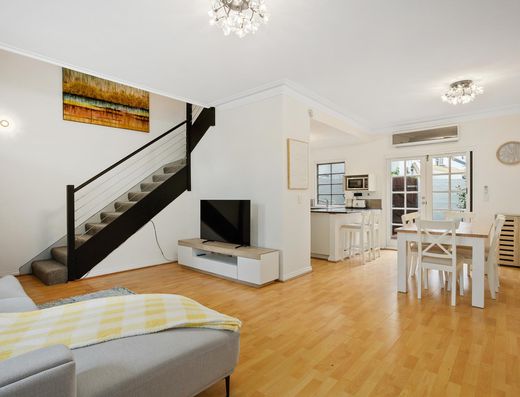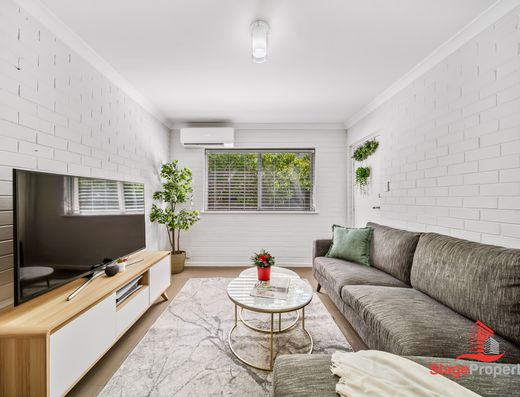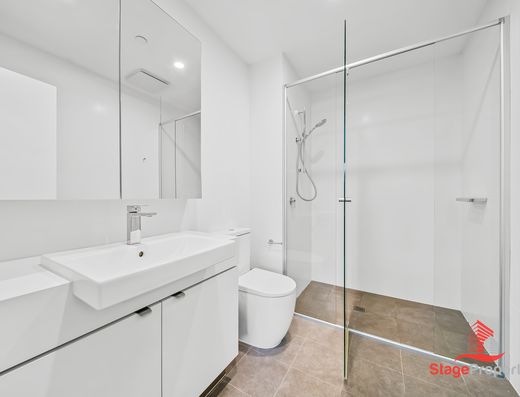How much deposit do you need to buy a house
Saving enough money for a home deposit is the Holy Grail for first-home buyers.
But, in today's market, how much do you really need? Do you need a 20% deposit? Or will lenders let you in the door with considerably less?
Here's what you need to know.
How much deposit do I need to buy a home?
20% used to be the minimum, but buyers often opt to purchase with a lower deposit rather than waiting as house prices will often be rising faster than they can save.
Lenders will normally expect applicants to have at least 5% of the sale price of the property they wish to purchase, but depending on the the applicant's individual circumstance they may require more.
A 5% deposit on a $680,000 loan equates to $34,000, which is far less than many prospective buyers imagine their deposits will need to be (although this doesn't take into account the hidden costs of buying a home).
Finance specialist John Tindall, from Accumulus Home Loans in Sydney says that “despite all lenders tightening their lending criteria recently, there are still lenders who require only a 5% deposit”.
Bigger deposit vs smaller deposit
|
Bigger deposit |
Smaller deposit |
|
Pro: |
Con: |
|
Con: |
Pro: |
|
Pro: |
Con: |
|
Pro: |
Con: |
Example Deposit Amounts
Not sure if your deposit is enough for the price of the home you want to buy? We've put together a rough guide for the minimum 5% deposit for various house prices.
|
Property Price |
20% Deposit |
5% Deposit |
|
$500,000 |
$100,000 |
$25,000 |
|
$700,000 |
$140,000 |
$35,000 |
|
$900,000 |
$180,000 |
$45,000 |
|
$1.1m |
$220000 |
$55,000 |
What other upfront costs do I need to pay
Here are some other costs to consider when buying a home
· Conveyancing and legal fees
· Stamp duty
· Building and pest inspection
· Mortgage registration fee
· Transfer fee
· Loan application fee
Want to avoid paying stamp duty? Here are some ways to save:
· Buy your first home
· Buy or build a new home
· Buy a cheap home
· Buy a home to live in (not an investment property)
Federal government first home buyer incentives
There are a number of ways the government can assist with buying a home.
First Home Guarantee
The First Home Guarantee is designed to help first home buyers enter the market quicker by providing a guarantee on 15 per cent of a new home's value. This means eligible first time buyers can potentially purchase a property with as little as five per cent deposit without having to take out Lenders Mortgage Insurance.
In its latest budget the Federal Government announced an extension of the scheme, providing an additional 35,000 places and lifting the limits on the prices for allowable properties.
Family home guarantee
The Family Home Guarantee, first announced in the 2021 federal budget and updated in 2022, allows eligible single parents to buy a property with a deposit as low as 2%, without having to pay lenders mortgage insurance.
Under the Family Home Guarantee, single parents could build a new home or purchase an existing home with a deposit of as little as 2%, plus costs, with the government guaranteeing up to 18% of the value of the property.
Usually, buyers who haven’t saved up a full 20% deposit, on top of other upfront costs, will generally need to pay for lenders mortgage insurance.
This could help single parents to enter, or re-enter, the housing market much sooner and save thousands of dollars in LMI costs.
The Morrison government announced the number of guarantees available per year in the scheme would be increased to 5,000 places per year until June 2025, doubling the number from the previous-year's budget.
First Home Super Saver scheme
The First Home Super Saver Scheme is a government scheme that allows first-home buyers to access their super to help buy a property.
However, it pays to read the fine print here: The scheme only allows buyers to access the additional super payments they've made for the purpose of buying a home. This means they need to make extra voluntary contributions into the First Home Super Saver (FHSS) Scheme, which they can then withdraw when it comes time to buy.
This enables buyers to take advantage of the favourable tax treatment superannuation receives. The first $25,000 that goes into your super account each year is taxed at just 15% not the usual marginal rate.
Any compulsory contributions your employer makes, as well as your own voluntary contributions, are counted towards this threshold. That means you could be contributing more towards your home deposit because less will be eaten up in tax.
First Home Owners Grant
This state government grant is aimed at discounting the amount first-home owners pay depending on whether they buy property in metro or regional areas or whether it's a new or established home.
For example, in Victoria the grant is $10,000 for those buying in metro areas but doubles to $20,000 for those looking in regional areas. In South Australia the grant is only eligible for first-home buyers who build their own home or buy a brand new dwelling.
Read more about the state-by-state rules surrounding the First Home Owners Grant here.
Regional home guarantee
The Regional Home Guarantee is an expansion of the First Home Guarantee which allows eligible buyers to purchase a new home outside of metro areas with a smaller deposit.
The Regional Home Guarantee allows borrowers to avoid paying lenders mortgage insurance (LMI) because the government acts as a guarantor on part of the loan.
Usually, borrowers will be required to pay LMI if they don’t have a 20% deposit saved. But after a period of such rapid price growth, this has become much harder to do.
Under the scheme, eligible applicants could purchase a newly-built home with a deposit of as little as 5%.
Is a first-home buyer better off saving for a bigger deposit?
In today's rapidly-changing markets waiting a few extra months to save additional money to avoid paying mortgage insurance might mean that the properties in your price range increase in value by much more than the cost of the insurance.
Which is why mortgage broker and Port Finance Group director Anthony McDonald says you need to factor in these increases when making a decision about when and how much to borrow.
"Sometimes it's better for the customer to go into a property and pay that insurance, knowing that by the time they try and save that money to avoid paying the mortgage insurance, the market's moved another 10% or 12% and they're actually behind even further," he says.
"The more you can give the bank, the better, because the less interest you'll pay. But it does just come down to individual circumstances. How good is your income, how long have you been in your job? You might have just got a good pay rise, so you can afford to make those repayments.
"The rates and fees are what they are. It's just a matter of mining through the options to get to the loan that suits your needs."
Source: REA








